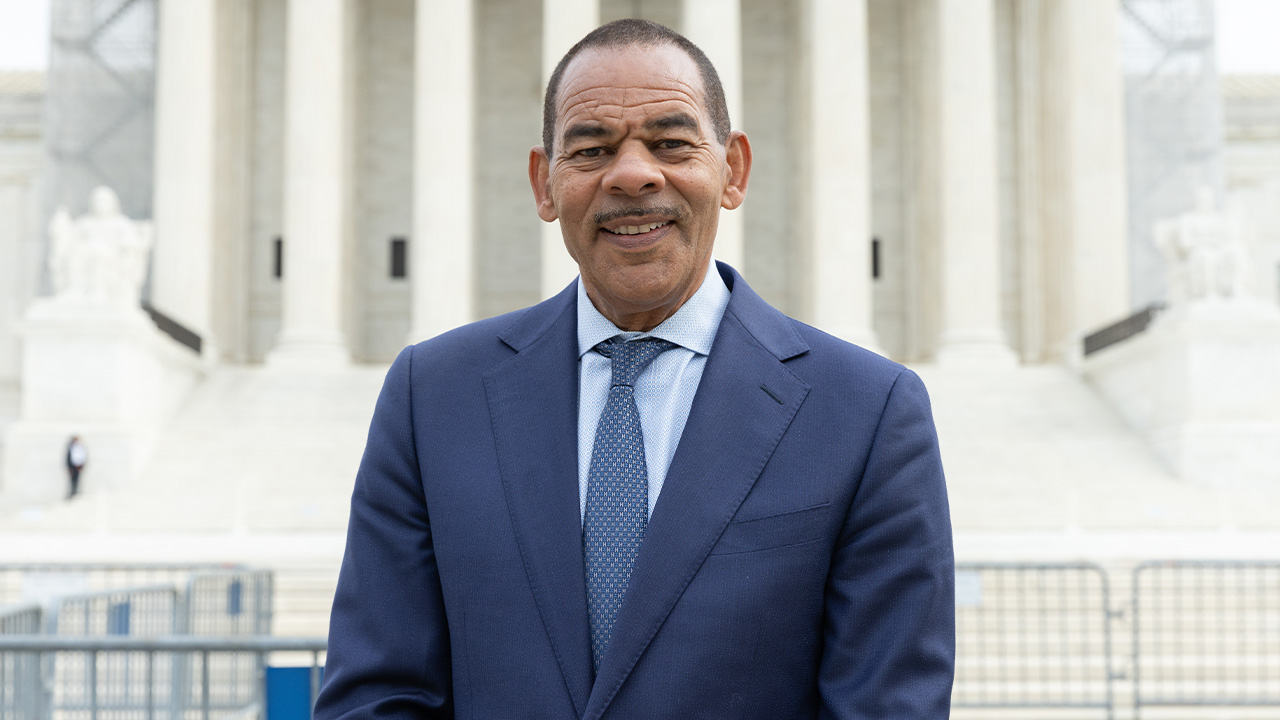As you may be aware, several changes were made to both Chapters 720 and 718, Fla. Stats., in the 2021 legislative session. Among the many changes in Chapter 720, Fla. Stat. was the removal of Rules and Regulations from the definition of “Governing Documents.” Previously, “Governing Documents” were defined in the Homeowners Association Act to include the Declaration of Covenants, Bylaws, Articles of Incorporation and Rules and Regulations. This was very important for many reasons, including the fact that amendments to Governing Documents are required by law to be recorded in the public records. Therefore, for the last several years, we have been advising clients that even changes to the Rules and Regulations are required to be recorded.
With this new change in the law, amendments to the Rules and Regulations no longer are required to be recorded in the public records. There is no prohibition from doing so and we sometimes recommend recording changes to the Rules. This puts the world on record notice of the changes in the Rules and Regulations over time. However, the removal of the Rules and Regulations from the definition of “Governing Documents” has some additional consequences.
For example, under Section 720.305, Fla. Stat., a homeowners association may levy fines in an amount not to exceed One Hundred ($100.00) Dollars per violation and One Thousand ($1,000.00) Dollars in the aggregate for a continuing violation, unless the “Governing Documents” provide otherwise. The previous years since the Rules and Regulations were included in the definition of Governing Documents, we have been advising clients that they may increase the amounts that can be levied for fines in a homeowners association through Board adopted Rules and Regulations so long as such rules did not conflict with a superior provision in the Declaration, Articles of Incorporation or Bylaws. However, now, since the “Governing Documents” no longer include Rules and Regulations, any such authority to charge fines in a higher amount than the above-referenced thresholds must either be in the Declaration, Articles of Incorporation or Bylaws, and may no longer be contained in the Rules and Regulations.
It is important to point out that these changes apply only to homeowners associations. Condominium associations, under Chapter 718, Fla. Stat., have never been required to record amendments to the Rules and Regulations. The term “Condominium Documents” in Chapter 718 includes the Declaration of Condominium, Articles of Incorporation and Bylaws, but never included the Rules and Regulations. Further, under Section 718.303, Fla. Stat., a condominium association cannot charge a fine of more than One Hundred ($100.00) Dollars per violation or One Thousand ($1,000.00) Dollars in the aggregate for a continuing violation regardless of whether such additional authority is contained in the condominium documents.
As such, it is important to note that associations should consult with counsel when adopting Rules and Regulations to make sure all of the statutory requirements are met and to determine whether or not such Rules and Regulations should be recorded. In addition, before levying fines for violations, it is important for both homeowners associations and condominium associations to be aware of statutory limitations and to decide whether or not there is a need to amend homeowners association documents to provide additional authority.
– Peter S. Sachs of Sachs Sax Caplan













